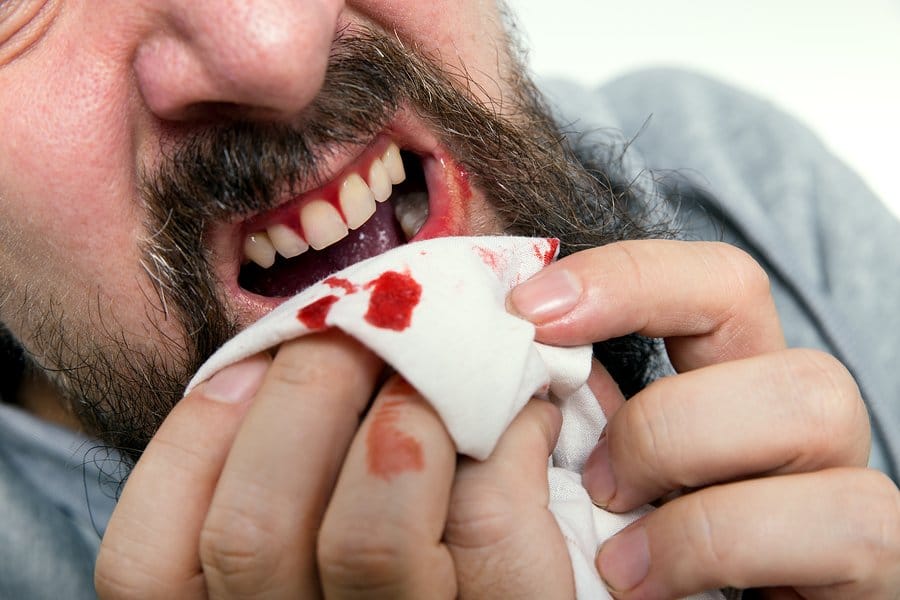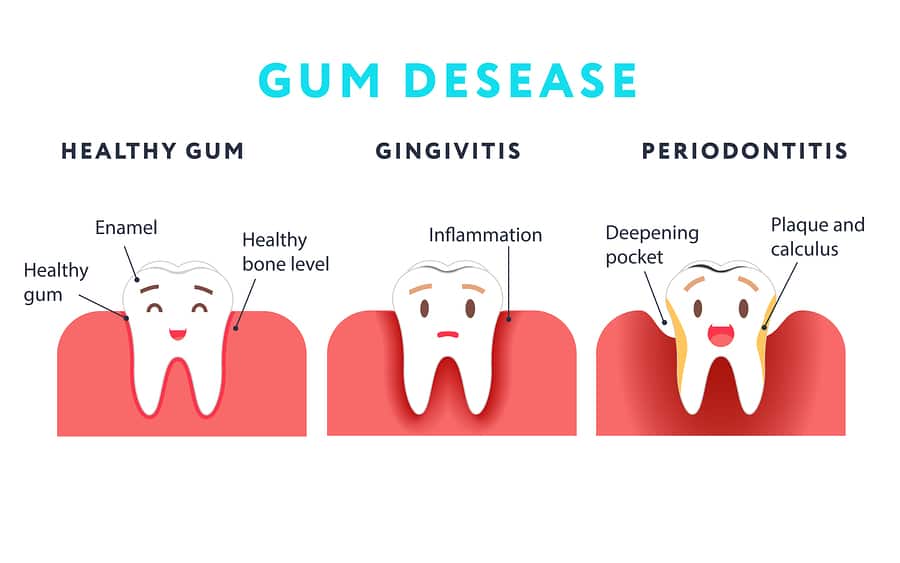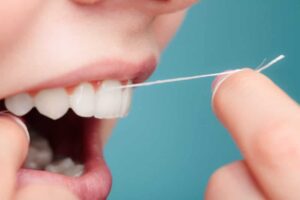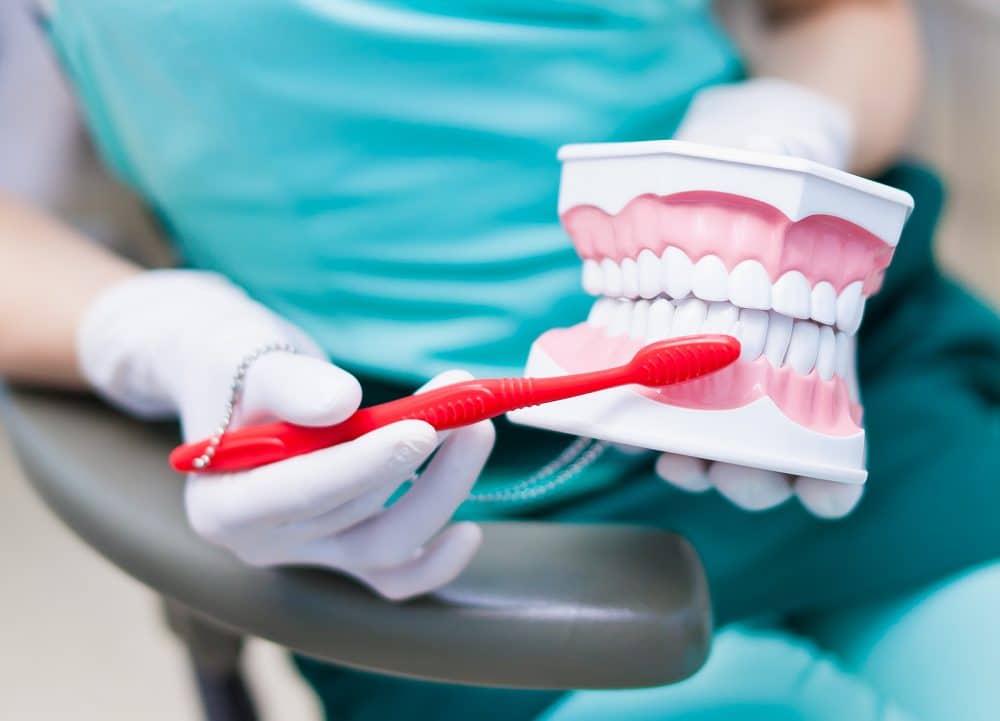- +917892951808
- Indiranagar, Bangalore
Best Dental Clinic In Bangalore Indiranagar | Best Dentist in Bangalore Indiranagar
- Home
- About Us
- Treatments
- Blog
- Contact Us
15 Frequently Asked Questions about Bleeding Gums

1. What exactly causes bleeding gum?
Bleeding gums are caused by- Plaque and calculus deposition.
- Medical conditions like diabetes, heart disease, scurvy etc.
- Vitamin C deficiency may trigger bleeding also seen more in bleeding & clotting disorders.
- Hard Brushing- Sometimes using hard or worn off brush may lead to bleeding gums.
- Improper brushing habits – aggressive or improper brushing habits may lead to bleeding while brushing.
- Ill-fitting dentures or mouth ulcers.
- Hormonal changes during pregnancy or menstruation.
 2. How can I treat bleeding gums at home?
2. How can I treat bleeding gums at home?
- Brush Often: Brushing with a soft-bristle toothbrush in a circular motion will help stimulate your gums, help prevent bleeding gums and strengthen the tissue that protects your teeth.
- Brush with Anti-Gingivitis Toothpaste: If you struggle with bleeding gums, you may want to consider toothpaste that can neutralize the plaque found around the gum line.
- Floss Daily: Flossing is one of the most important habits to help prevent bleeding gums and maintain good oral health. It removes plaque and food particles that may be under the gum line and lead to bleeding gums.

- Combine for Best Results: For best results, use multiple products together to keep your mouth, gums and teeth healthy.
- Avoid Tobacco: Tobacco use can damage your gums, and can also make you far more likely to develop gum disease.
- See a Dentist Regularly: Harmful plaque bacteria can even lead to issues beyond gingivitis like weakened tooth enamel. The cleaning performed twice a year at your dentist's office will remove plaque and tartar that can't be removed at home. This will help prevent bleeding gums and keep your mouth healthy. You should visit your dentist for a professional cleaning and dental exam at least twice in a year. This can help prevent early gum disease from progressing into more serious gum disease.
- Maintain a Healthy Lifestyle: Eating a balanced diet and avoiding between-meal snacking. Also, reducing stress from your life can help prevent gum disease.
3. What is the meaning of bleeding gums?
Bleeding gums is a condition where the gums bleed, usually caused by inadequate plaque removal. Plaque contains germs which attack the healthy tissue around the teeth. This will cause the gums to become inflamed and irritated, which may cause them to bleed when brushing or flossing.4. Which nutrient deficiency causes bleeding gums?
Deficiency of Vitamin C and Vitamin K can cause bleeding gums.5. Is it okay for gums to bleed while flossing?
No, it's not normal for gums to bleed while flossing. Bleeding gums indicate plaque deposits which attack the healthy gums to become irritated and inflamed.6. Which toothpaste is better for gum bleeding?
There is no toothpaste that can cure gum disease. Gums bleed for many reasons, the most common being incorrect or inappropriate brushing and subsequent accumulation of food and plaque against the gum line. Leave this food there, and bacterial breakdown leads to inflammation of your gums and subsequent bleeding. Clean them well (and floss) and the bleeding goes away. The toothpaste used is almost immaterial.7. How can I avoid bleeding gums and pain when flossing?
Good oral hygiene habits like brushing twice daily, flossing, using mouthwash and visiting the dentist every 6 months. 8. Why am I experiencing bleeding gums without brushing?
8. Why am I experiencing bleeding gums without brushing?
It is possible that gingivitis could be the cause of your problem, but bleeding of the gums without any trauma could represent a potentially serious underlying disorder and should be evaluated by your dentist.
Gingivitis more typically causes bleeding on the toothbrush with even minimal and light brushing. You should have your blood counts checked to make sure that you do not have a very low platelet count or another type of functional clotting disorder, which could predispose to easy bleeding and bruise. Bleeding gums can also be a sign of scurvy, which is a problem caused by a severe deficiency of vitamin C. This could be the cause of your symptoms if you follow a very poor diet low particularly low in citrus.
9. Can HIV pass through bleeding gums?
Yes, Contact between broken skin, wounds, or mucous membranes and HIV-infected blood or blood-contaminated body fluids. In case of sores or bleeding, gums and blood from the HIV-positive partner into the bloodstream of the HIV-negative partner can be transmitted.10. How can bleeding gums be prevented?
Prevention of plaque deposition by maintaining oral hygiene, avoid smoking, reduce stress level, intake of vitamin C and vitamin K are few steps that can be taken to prevent bleeding gums.11. What causes bleeding gums in the morning?
If your gums are bleeding in the morning without brushing, this may be an indication that you have either periodontal disease or gingivitis.12. What is the best toothpaste for treating bleeding gums?
There is no specific toothpaste for treating bleeding gums. To treat bleeding gums, proper examination, identification of the cause and treatment is necessary.13. How do you stop bleeding gums and prevent cracked teeth?
- Maintain a good oral hygiene. Brush twice daily & floss daily.
- Use a soft-bristled toothbrush. Change your brush every three months.
- Use a mouthwash regularly.-Incorporate a lot of vitamin c in your diet. Foods like gooseberry, oranges, lemon are a good source of vitamin c.
- Do warm saline rinses (warm water with a pinch of salt) after every meal.
- Massage your gums with fingers gently.
